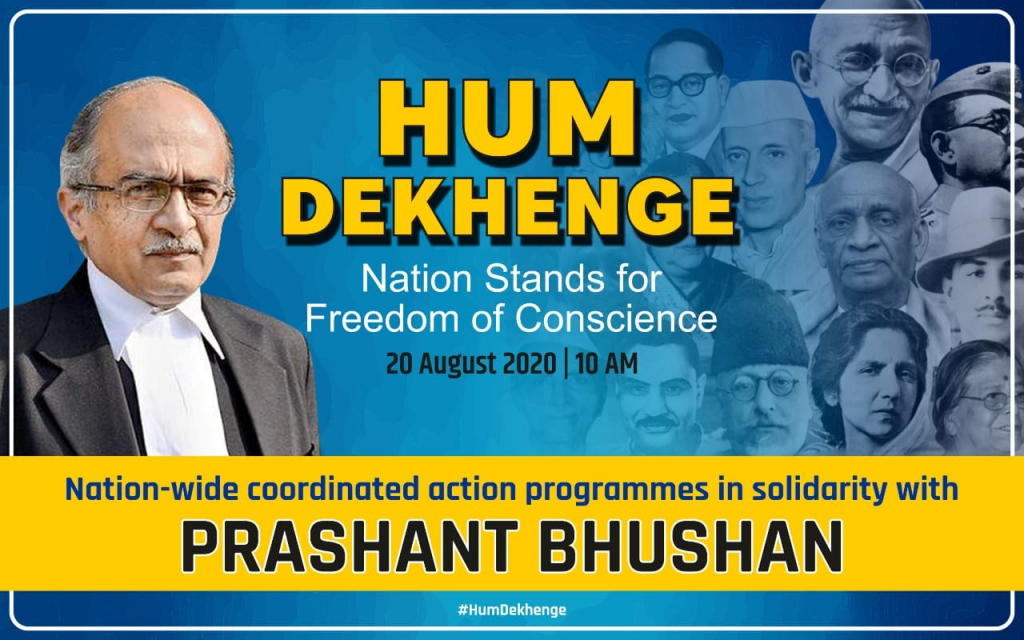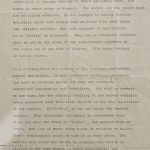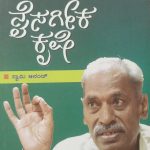Indira Gandhi’s Emergency Was Open and Face-to-Face, Dictatorship Today Wears a Mask
[The English translation of Devanur Mahadeva’s this article was done by Rashmi Munikempanna, and the article was published in ‘The Wire’ on 31.8.2020. ದೇವನೂರ ಮಹಾದೇವ ಅವರ ಈ ಲೇಖನದ ಇಂಗ್ಲಿಷ್ ಅನುವಾದವನ್ನು ರಶ್ಮಿ ಮುನಿಕೆಂಪಣ್ಣ ಅವರು ಮಾಡಿದ್ದು, ಲೇಖನವು 31.8.2020ರ The Wire ಅಂತರ್ಜಾಲ ಪತ್ರಿಕೆಯಲ್ಲಿ ಪ್ರಕಟವಾಗಿದೆ]
https://thewire.in/law/prashant-bhushan-tweets-supreme-court-india-democracy]
India’s ‘cow-faced-tiger’ dictatorship seems to have used the judiciary to repress the voice of public interest by using Prashant Bhushan’s tweets as an excuse.
During a recent phone conversation with senior counsel Ravi Varma Kumar, I asked him, “How is the Supreme Court doing?”
We were talking in the background of the judgment by the three-judge Supreme Court bench which found that Prashant Bhushan’s tweets were in contempt of the court.
Ravi said, “The judiciary itself makes an allegation; it initiates proceedings itself and then proves the case, and then passes a judgment saying the allegations have been proven that is what has happened in our Supreme Court.”
The three-judge bench did not even seriously take account of the reply submitted by Bhushan before passing its orders. I felt like visiting the Supreme Court to ascertain whether the statue of the goddess of justice, who has a blindfold on and carries balancing scales so that she may be fair, still exists. Because the judgment by this court was blind.
The Supreme Court lawyer, Gautam Bhatia, captures this judgment well with a metaphor, “It reminds me of the times I used to take a football from the halfway line, dribble it across the pitch, and kick it into the goal – without any opposition players on the field.”
This is the game that has been played in the judiciary.
So what is in Bhushan’s tweet? It goes like this:
“When historians in the future look back at the last six years to see how democracy has been destroyed in India even without a formal Emergency, they will particularly mark the role of the SC in this destruction, and more particularly the role of the last four CJIs.”
This tweet should have given reason for reflection. This tweet, and the other on the impact of the lockdown on justice, should have been seen as product of distress. The distress one feels while trying to save the sinking dignity of the court. But Bhushan’s tweets have been described by the three-judge bench as acts which shake the very roots of the judiciary. And they have passed judgment as if their emotions are the law. But they have also acted out of fear.
Today, fear has overwhelmed not just the judiciary, but the entire country, including the executive, the legislature. This fear has not even spared the media. This fear has not allowed any autonomous institution to remain autonomous. We get a clue about this fear in what Justice Markandey Katju said:
“But Gogoi (I refuse to call him justice) committed much greater misconducts, of various kinds, and practically prostrated before the BJP-run government and handed over almost the entire Supreme Court to the political executive, giving up its solemn duty of protecting the rights of the people.”
That is precisely why, when those political leaders who take their oath of office in the name of the constitution, state that, “We have come to change the constitution”, nobody dare accuse them of contempt. Even if they burn the constitution, it will not be contempt of the courts. But the tweets of Prashant Bhushan that seek to protect the dignity of the court are seen as contempt by these judges. After seeing this, Justice Markandey Katju’s words flooded my mind.
India has probably never had to endure such a plight since Independence. Even during the time of Indira Gandhi’s Emergency, one could find at least some pockets of resistance within the judiciary, the Election Commission, the federal system of the country, the Reserve Bank of India, CBI, media etc. That Emergency was like a tiger. Indira Gandhi was an aggressive dictator. It was all face-to-face. Yet, even if repressed, protests overflowed.
But now? What exists now is a ‘cow-faced tiger emergency’. It comes across masked as a saviour. But behind the mask, the regime does all that is not supposed to be do. It never comes face-to-face. Instead, what we call the four pillars of the constitution, together with all autonomous institutions as well as the country’s federal structure, have had their necks slashed and spines crushed. It’s true that these institutions still have their form. But they are barely half-alive. As a consequence, they can only work after understanding the gestures and desires of the cow-faced-tiger, the dictator who oversees the political executive.
In order to make this more understandable, consider what happened in the United States. President Donald Trump put out a call to law enforcement – “dominate…you have to dominate” – in response to the nationwide flare up of violence triggered by the killing of George Floyd, an African American man, by the Minneapolis police. In response to Trump’s call, the Houston police chief, Art Acevedo, fearlessly stated,
“This is not about dominating. It is about winning hearts and minds… We don’t want ignorance to ruin what we have managed to do to restore normalcy…Let me just say this to the President of the United States…Please, if you don’t have something constructive to say, keep your mouth shut”. If you take this and apply it to our situation then everything will become self explanatory.
Now when you come to India, under Prime Minister Narendra Modi, called a “versatile genius” by a Supreme Court judge, India is drowning under the ignorant blows of demonetisation, GST etc. Unemployment is eating us away. The country is moving from poverty to hunger. The government can only run on the selling of public wealth to private companies. So a surgery has been done at the level of more or less all fundamental government institutions, including the judiciary, media, CBI, RBI etc to control the flare up of public ire. Because of all this, the public interest today has been orphaned.
Prashant Bhushan has dedicated his entire legal career to this orphaned public interest. After consigning the public interest to the garbage dump, the aim is now to repress its very voice. India’s ‘cow-faced-tiger’ emergency seems to have used the judiciary to repress the voice of public interest by using Prashant Bhushan’s tweets as an excuse.
While writing all this, after overcoming anger, pain and regret, I thought that maybe – just maybe – Bharat Mata must be warming up for the birth of a leadership with the potential of a Gandhi-Ambedkar-JP, hence this allegation against Bhushan; hence the political imprisonment of this land’s conscience with the arrest of Anand Teltumbde and others.
[Devanoora Mahadeva is a Kannada writer who has been conferred with the Padma Shri as well as the Sahitya Akademi award both of which he returned in protest against the growing intolerance in the country. A public intellectual and Dalit activist he has been a guiding force to various social movements in Karnataka and the country.]








